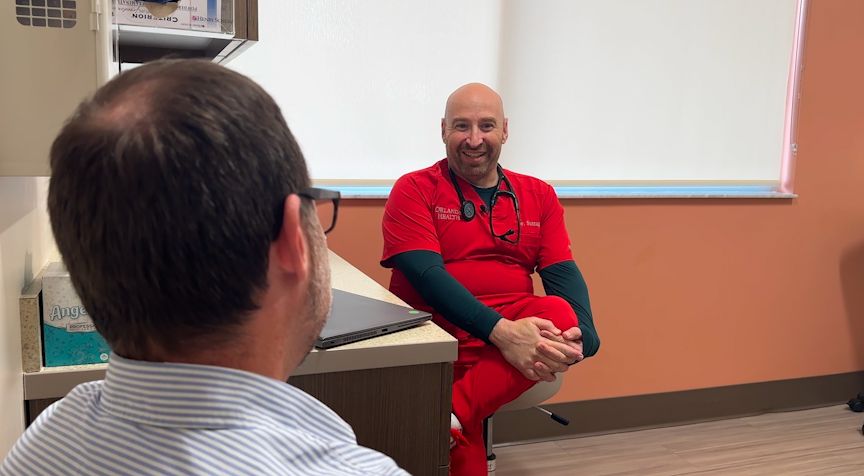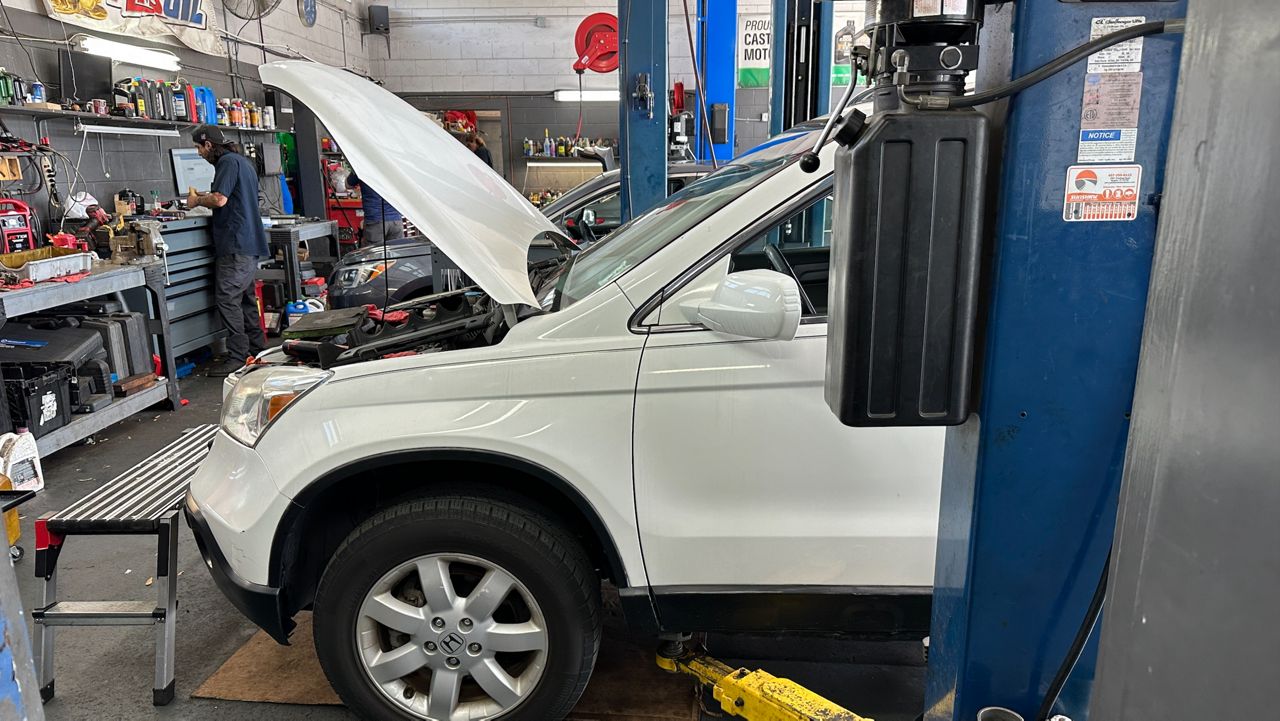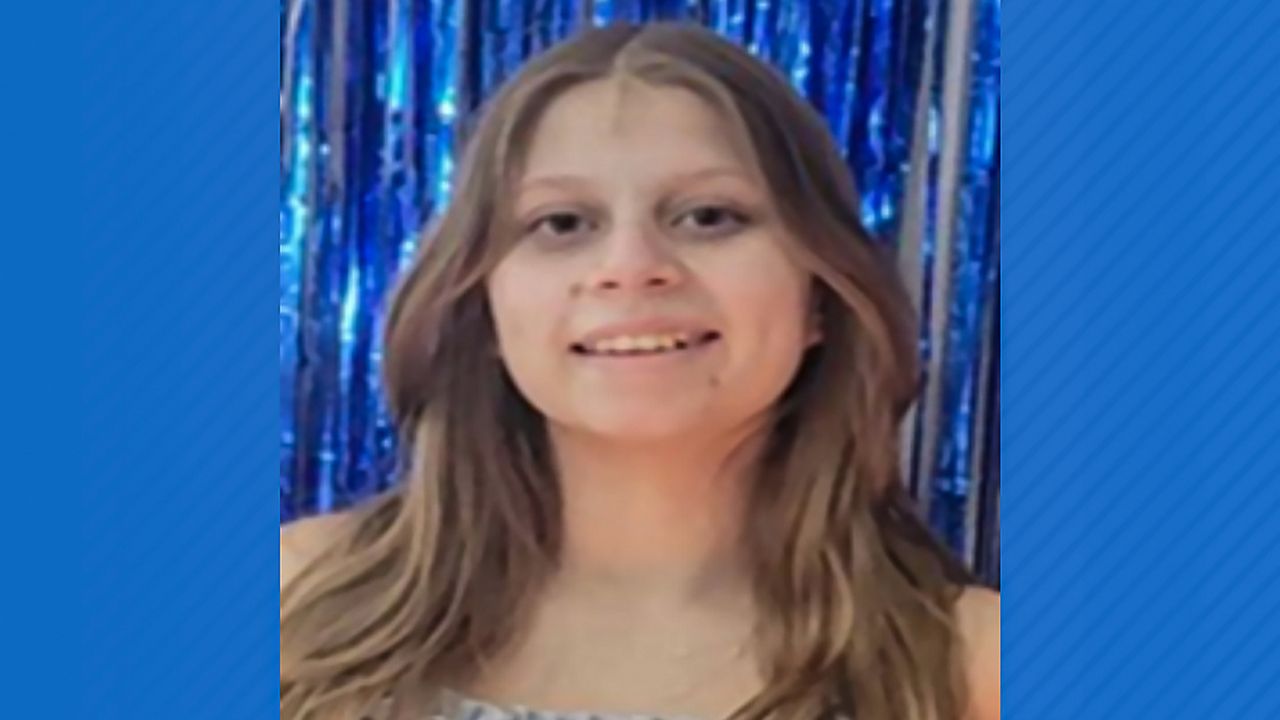The latest census count found senior citizens make up 20 percent of Florida’s population, and with the Sunshine State remaining one of the top destinations for retirees every year, that population will continue to grow.
What You Need To Know
- Dr. Fitzherbert Harry mentors and coaches young health clinicians
- A recent report found more than 70 percent of physical therapists report burnout
- The report comes out as Florida's senior population continues to rise
“Having more physical therapists would help, seeing there is an older population to live longer and live stronger,” said Dr. Fitzherbert Harry, a professional physical therapist.
That is why he mentors and coaches young health clinicians, specifically physical therapists who recently launched their own clinics through a program called Uncaged Clinician.
“They are physical therapists,” Harry said. “They know what they do. They know and they care for their clients, but they just need guidance in the business aspect. That way we can treat clients the way they want to be treated.”
The majority of the patients Harry treated were senior citizens and that continues today with more than 100 of his clients are 60 and older.
“My goal is just to bring hope to these seniors because they could be my father, my mother, my uncle,” he said. “It’s just a joy to see people getting stronger and better.”
Harry always wanted to work in the medical field but he said it wasn’t until he himself received physical therapy, after he injured his thumb playing college basketball, that he realized physical therapy is what he truly wants to do.
He said he did face struggles early on - specifically ‘burnout’ - when he worked at a clinic.
A study from the Academy of Physical Therapy Education or APTA found more than 70 percent of physical therapists report burnout and one out of three them said burnout negatively impacted their patient care.
“A lot of companies have physical therapists and see more patients, more clients, at one time and because of that there’s a lot of burnout,” Harry said. “There’s so many clients. They’re seeing two every hour or three every hour.”
In order to prevent further burnout, he said he launched his own clinic so he can provide one-on-one care with his patients to better monitor their progress. He said he also makes sure he only works until seven in the evening so he can spend the rest of his day with his wife, who he met in college at the University of the Virgin Islands.
He provided advice of making time for oneself to his mentees. He also lets them know about the importance of modifying one’s clinic to their patients.
Harry drives to his patients because he realized not all of them qualified for home bound care and they didn’t have any form of transportation, which led to difficulties for them to attend their physical therapy appointments.
“[At their homes] I can see what their challenges are, whether it’s getting up from a chair or getting up from bed,” he said.
Harry said through Uncaged Clinician he and the other mentors were able to help 300 clinicians and counting launch and grow their businesses.









